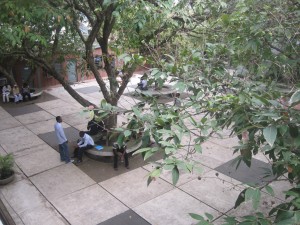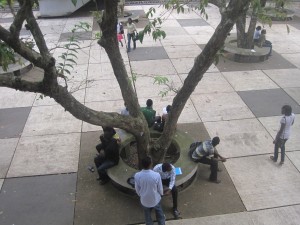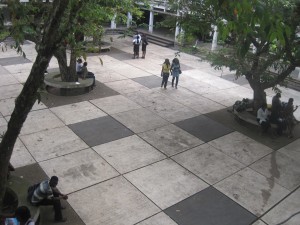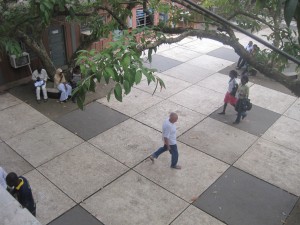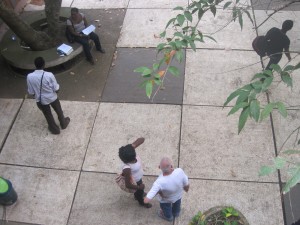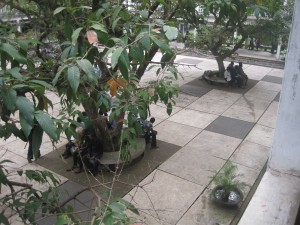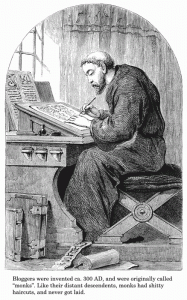For the past few days, I have been reading Nigeria’s history (again), especially as regards military politics and the slow and significant steps that brought us to where we are today. The curious search began with a visit to Ilorin and Kaduna where I first heard of Ibrahim Taiwo road. Now Ilorin and Kaduna are both very distant places from each other and the Yoruba military man must have been significant to have had a major road named after him in two (perhaps more) states in Nigeria. I came online, and I was led from one relevant link to another until I satisfied my curiosity.
At the end of two full days of reading through a verifiable history that has also been written about in many other publications, I came to very many realizations. One of them of course was that the civil population never stood much of a chance from the beginning, especially since military tasted power. Ego, politics, greed and corruption took over and we have not remained the same ever since, nor has the players since independence really stepped aside for others or dialogued with alternative viewpoints, for the most part. We could say that much of Nigeria’s military history shares the stage with much of its political history.
There were very many complex stories many of which lent itself to interesting engagement. The first coup and its ethnic sentiments, the counter coups and military politics, the civil war heroes and villains, the players and the losers, and the very many incidental occurrences that read like stuff for movies or great literatures. General Gowon stands out with his far-reaching reforms, his engaging personality, and his position at a crucial time in history. In comparison, he is the only one of Nigeria’s leaders that could stand in Mandela’s image. At the end though, placed beside the reality on the ground where at fifty years we have not been able to supply electricity uninterrupted to all parts of the country, all the gallantry and “gentlemanliness” or the Nigerian military officers (who have interestingly all remained in the political and diplomatic limelight since then) all fade away into the murk of irrelevance. A waste.
Much of those stories can be found online at Dawodu.com. People interested should check here, here and here for detailed analysis of the first coups and how it changed the course of the nation’s history.
